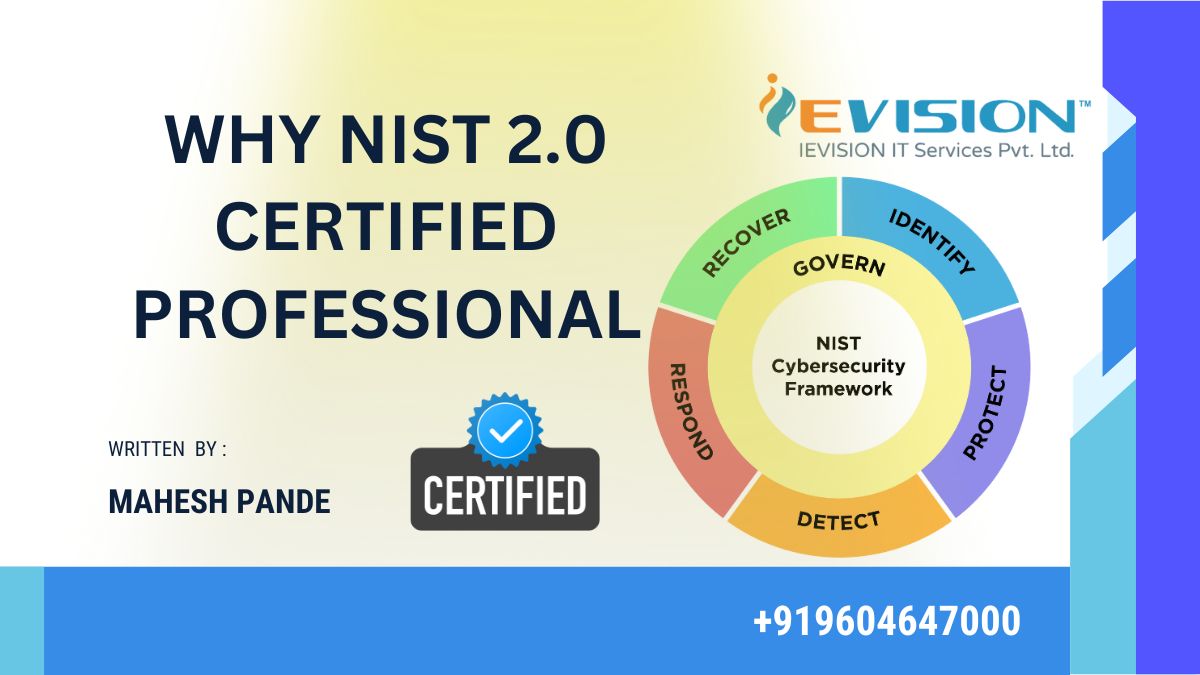
Amazon Web Services: Introduction, Explanation, Scope, and Certification
1. Introduction
Amazon Web Services is an IT company by Amazon that provides a cloud computing platform. AWS is currently a market leader offers three types of services, infrastructure as a service (IaaS), platform as a service (Paas), and packaged software as a service (SaaS). Launched in 2006, Amazon Web Services is built to manage the online retail operations. The cloud computing model introduced by the Amazon is to provide users with computing, storage or throughput according to the need.
The services provided by AWS are numerous in number, including services like compute, infrastructure and management, databases, application development, and security.
2. Services Explained
• Storage
We are going to discuss two forms of storage services offered by Amazon. First is S3 (Amazon Simple Storage Services) and EC2 (Amazon Elastic Book Store).
Amazon Simple Storage Services provides the storage of scalable objects for analytics, archival and data backup. The data and filed stored as S3 objects range up to 5 GB. This method is believed to be money-saving. On the other hand, Amazon Elastic Book Store offers block-level storage volumes for persistent data storage.
• Database, Data Management
Amazon Relational Database services is another service provided by AWS that includes options like MariaDB, MySQL, PostgreSQL, SQL Server, Oracle and a high-performance database known as Amazon Aurora.
• Networking
Networking service provided by AWS is called Amazon Virtual Private Cloud. The VPC will give you control of an administrator on a virtual network so that you can use an isolated section of Amazon Web Services cloud. Amazon has also introduced some load balancing tools that can help you balance network traffic, such as, Network Load Balancer and Application Load Balancer.
• Management, Monitoring
To avoid improperly configured cloud resource deployments that are needlessly expensive, an IT team can use AWS Config, AWS Config Rules, along with AWS Trusted Advisor. The first two will help the admin manage and track cloud resource configuration.
• Mobile Development
Amazon Web Services Mobile Hub provides a variety of tools and services for mobile app developers for various purposes. AWS Mobile SDK helps in providing samples and libraries. Amazon Cognito helps in managing user access to mobile apps. Amazon Pinpoint helps in analyzing the effectiveness of communication after sending push notifications to application end users.
• Artificial Intelligence
AWS offers a variety of Artificial Intelligence Models. Amazon Lex is for audio and text chatbot technology, Amazon Rekognition is for facial and image analysis, and Amazon Polly is for text-to-speech translation.
• Big Data Management, Analysis
The tools and services provided by AWS include Amazon Elastic MapReduce and Amazon Kinesis. Along with this, Amazon Web Services also provides AWS Glue service and Amazon ElasticSearch Services for Big Data Management and Analysis.
• Security, Governance
Amazon Web Services Identity and Access Management, Amazon Cloud Directory, AWS Directory Service, AWS Organizations, Amazon Inspectors are the tools provided by Amazon Web Services for the security and effective governance of the business. They also enable the user to manage multiple AWS accounts.
• Migration, Hybrid Cloud
AWS Migration Hub helps the administrator to manage migration and monitor them. The IT team can also make use of EC2 Systems Manager to configure on-premises servers and AWS Instances. Along with this Amazon shares partnership with technology vendors to each the hybrid cloud deployments.
• Development Tools and Application Services
Developers can make use of a variety of AWS tools and software development kits to manage applications and services. Such as AWS Command Line Interface (Amazon's code interface), AWS Serverless Application Models for stimulating an environment of AWS for inspecting Lambda functions, Amazon API Gateway for development, creation, managing and monitoring of custom APIs, Amazon Elastic Transcoder for visualizing workflow, etc.
3. Scope
The demand of Amazon Web Services and the need for validating the cloud computing AWS skills has mounted to the top in the last few years. AWS provides a variety of fields where you can build your career. It includes the following:
a. Operational Support Engineer
b. Cloud Software Engineer
c. System Integrator - Cloud
d. Cloud Developer
e. DevOps Engineer
f. AWS Solutions Architect
g. AWS SysOps Administrator
h. Senior AWS Cloud Architects
i. Senior Solutions Architect
4. Certification
Amazon Web Services Certification was launched in the year 2013 and it is globally accepted gold standard certification that provides you a more transformed cloud computing skills and provides a more pronounced career in cloud computing. Authorized training partners offer high-end certification credentials after taking a certification mapped course.
AWS provides certification in the following:
a. AWS Operation Certification
• AWS Certified SysOps Administrator- Associate
• AWS Certified DevOps Engineer- Professional
b. AWS Architecting Certifications
• AWS Certified Solutions Architect- Associate Level
• AWS Certified Solutions Architect- Professional Level
c. AWS Developing Certification
• AWS Certified Developer- Associate Level









